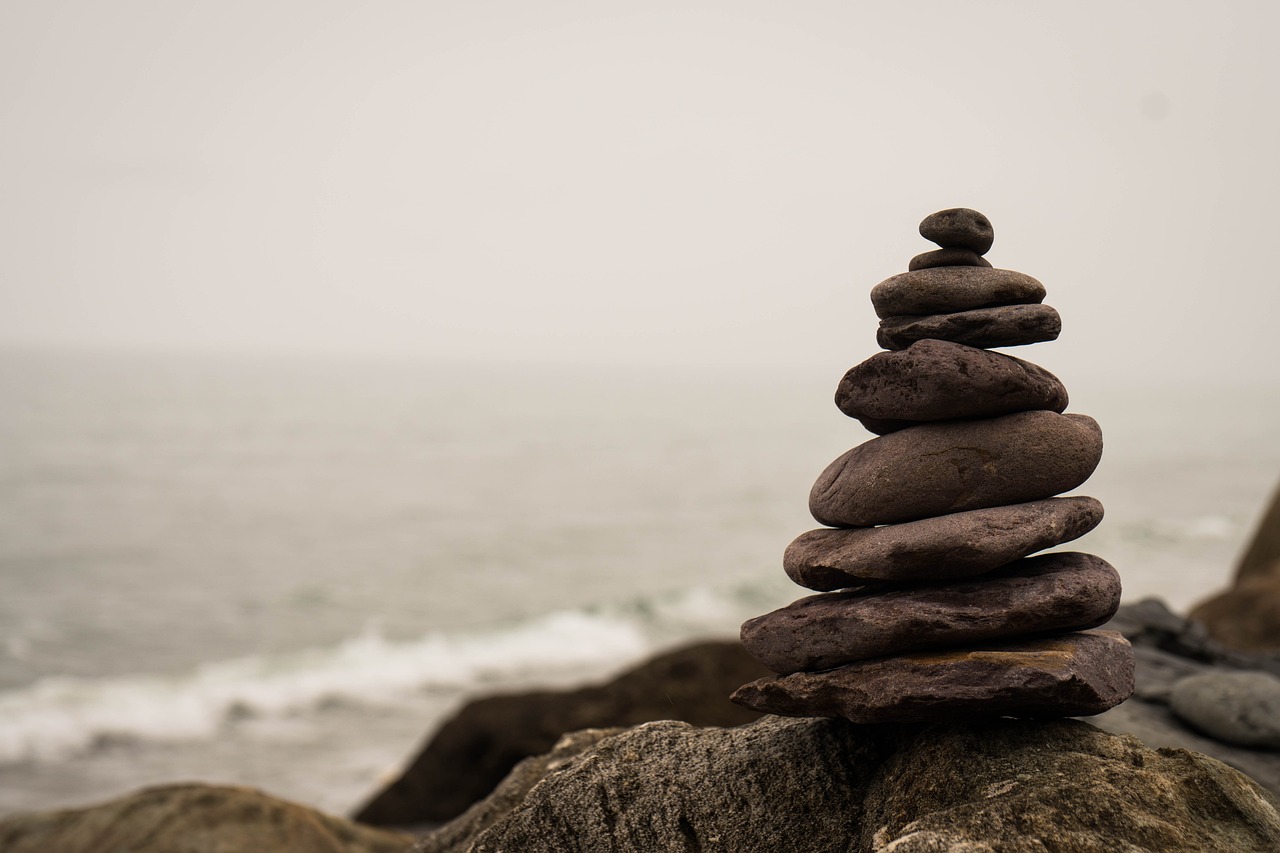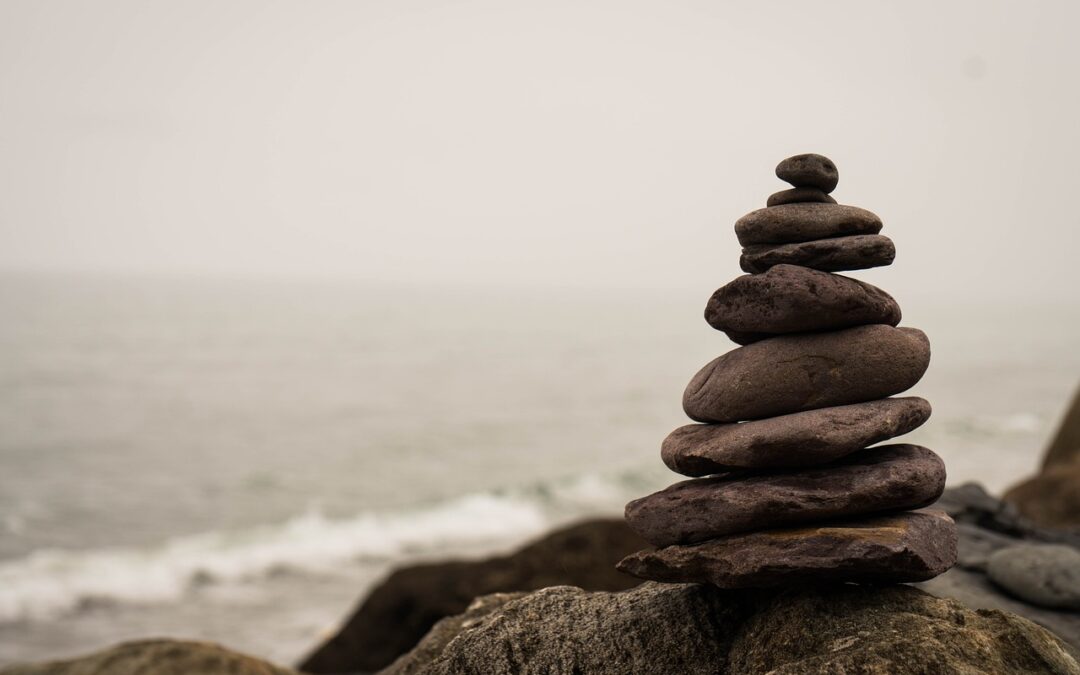Anxiety can be a persistent companion in our daily lives, but there are effective strategies to keep it in check. Here are six practical ways to reduce anxiety and cultivate a sense of calm every day.

1 . Regular Massage Therapy
Studies show that a weekly or frequent massage helps reduce anxiety , depression and stress:
Studies on Massage for Stress and Anxiety
The researchers found that just 10 minutes of massage created “significant increases” in heart rate variability. Another 2021 Mayo Clinic study showed positive results on the benefits of massage therapy for anxiety in preoperative surgical patients.
Massage can lower stress levels and feelings of anxiety. It can improve mood and relaxation while increasing confidence and self-image. If you experience depression or anxiety, or are just overloaded with extra stress, massage can be an effective part of treatment. Jul 20, 2022 Massage helps anxiety, depression – Mayo Clinic Health System
American Massage Therapy Association
2. Practice Mindfulness and Meditation
Mindfulness and meditation can significantly reduce anxiety by helping you stay grounded in the present moment. Here’s how to get started:
- Set Aside Time Daily: Even five to ten minutes of meditation can make a difference. Find a quiet spot, sit comfortably, and focus on your breath.
- Use Guided Meditations: Apps like Headspace or Calm offer guided sessions that can help you ease into the practice.
- Incorporate Mindfulness in Daily Activities: Whether you’re eating, walking, or doing household chores, try to stay fully present and aware of your actions.
3. Stay Active with Regular Exercise
Physical activity is a powerful tool for managing anxiety. Exercise releases endorphins, which are natural mood lifters. Here are some ways to incorporate exercise into your routine:
- Find an Activity You Enjoy: Whether it’s yoga, running, swimming, or dancing, choose something that you find fun and engaging.
- Schedule It: Make exercise a non-negotiable part of your daily schedule.
- Incorporate Movement Throughout the Day: Take short walks, stretch, or do quick workouts during breaks.
4. Maintain a Healthy Diet
What you eat can influence how you feel. A balanced diet can help stabilize your mood and reduce anxiety. Consider the following:
- Eat Regular Meals: Skipping meals can cause blood sugar levels to drop, leading to increased anxiety.
- Include Nutrient-Rich Foods: Opt for whole grains, lean proteins, fruits, vegetables, and omega-3 fatty acids.
- Limit Caffeine and Sugar: Both can exacerbate anxiety symptoms, so consume them in moderation.
5. Establish a Relaxing Bedtime Routine
Quality sleep is crucial for mental health. To improve your sleep and reduce anxiety, try these tips:
- Create a Sleep-Inducing Environment: Keep your bedroom cool, dark, and quiet.
- Stick to a Sleep Schedule: Go to bed and wake up at the same time every day, even on weekends.
- Limit Screen Time Before Bed: The blue light from screens can interfere with your ability to fall asleep. Aim to turn off electronics at least an hour before bedtime.
6. Connect with Others
Human connections can be a great source of comfort and anxiety relief. Here’s how to stay connected:
- Spend Time with Loved Ones: Regularly connect with family and friends, whether in person, by phone, or via video calls.
- Join a Support Group: Sometimes talking to others who understand what you’re going through can be incredibly reassuring.
- Volunteer: Helping others can provide a sense of purpose and reduce feelings of anxiety.
With time and practice, these habits can lead to a more peaceful and balanced life.
If you follow the Centenarian’s (living over 100) that live in the Blue Zones around the world ie: Greece Islands, Okinawa and Loma Linda, California these are many of the habits that they do on a regular basis. There are 300,000 Folks over a hundred around the world.

Recent Comments